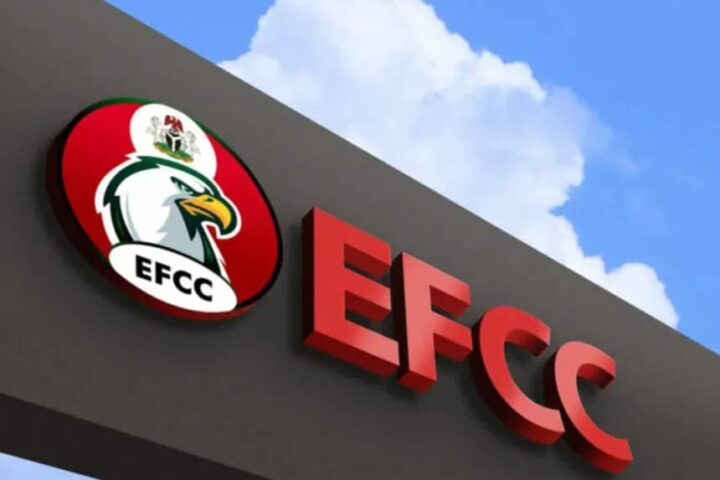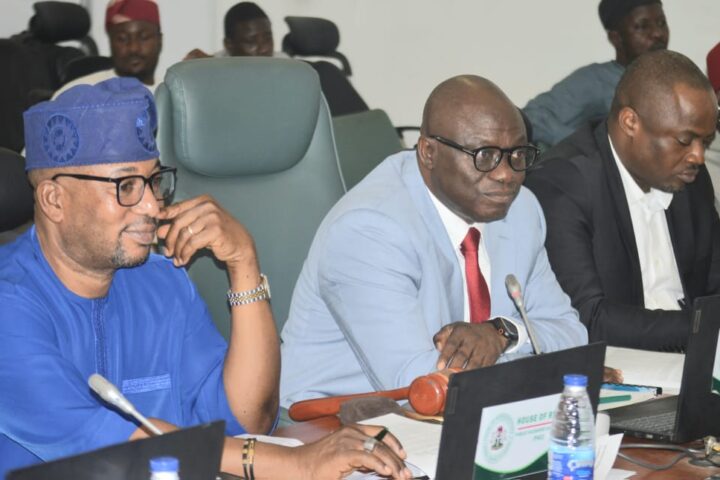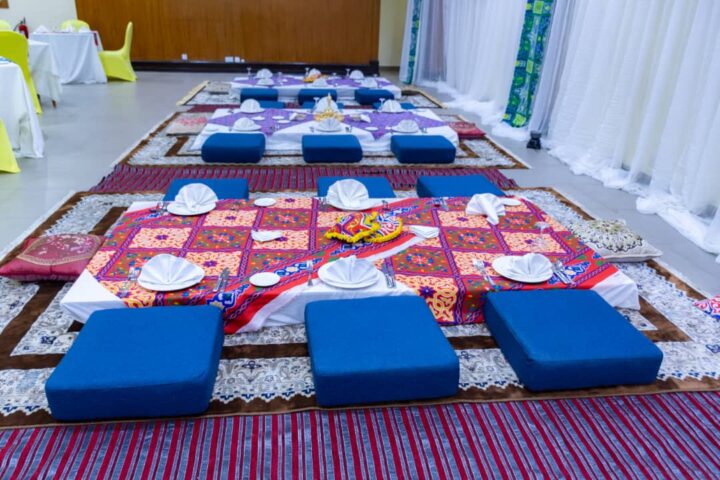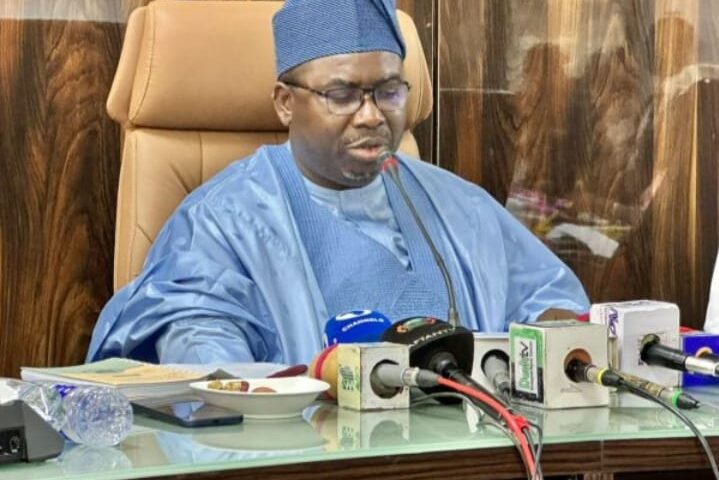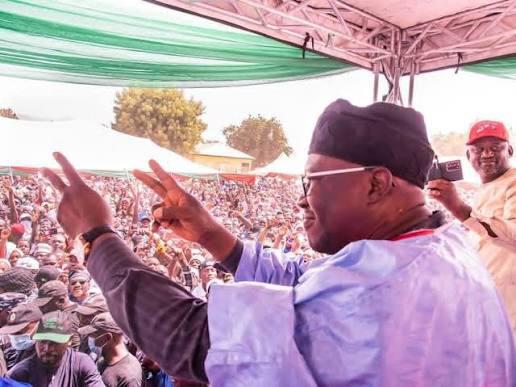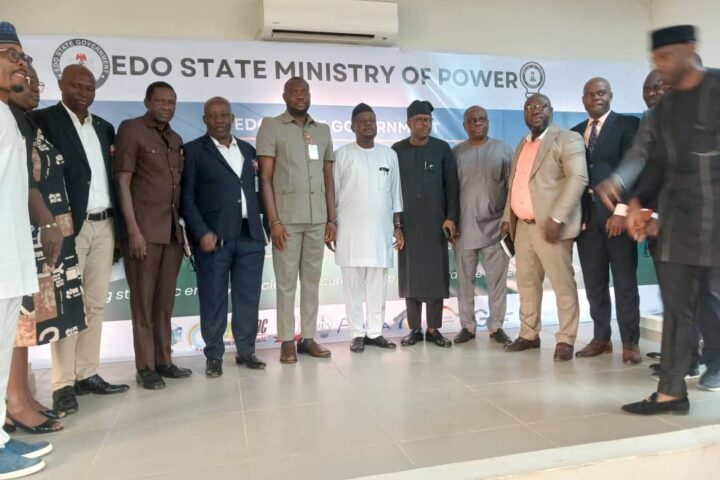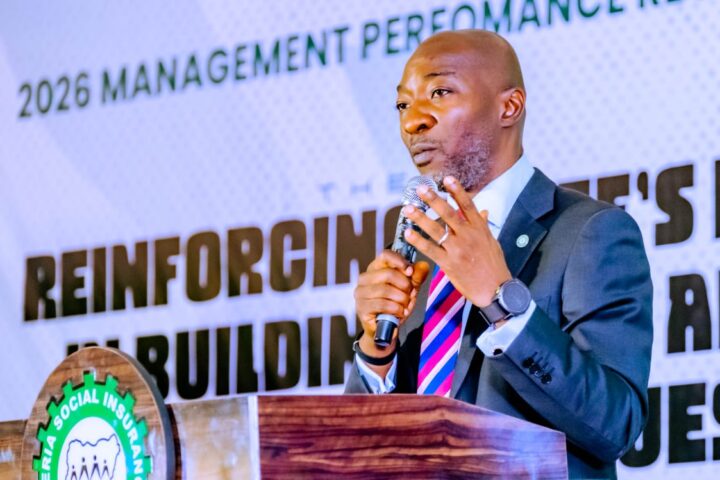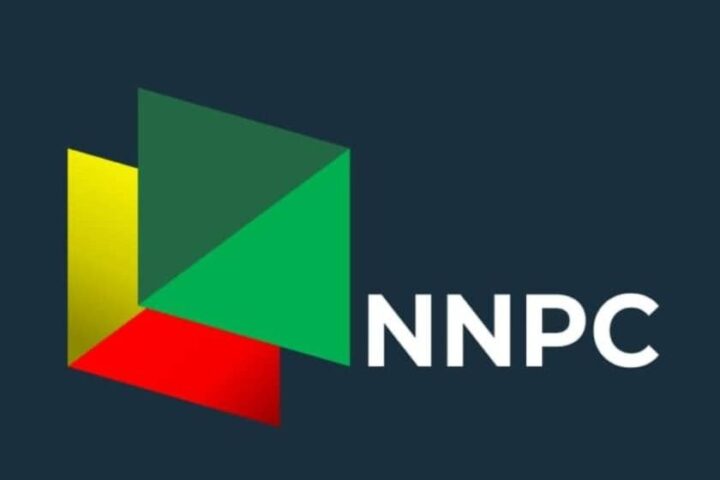
Stakeholders in the nation’s economy has painted how the delay in the revival of the nation’s Ajaokuta Steel Company hurts its economy.
They noted delay in the revival of the steel industry spanning over 30 years caused untold hardship to workers, retirees, youths and women across borders that have skills, and trained but not utilized.
They said the development increased redundancy, capacity gaps and unemployment in large scale, crimes and drug abuse among teenagers.
They spoke at a one-day National Conference on the Revival of Ajaokuta Steel Company Limited and President Muhammadu Buhari Industrialization Agenda was held on Thursday November 25, 2021 at the Nigeria Army Resource Centre, Asokoro Abuja.
The event was organized by NGO Network in collaboration with Institute for Governance and Leadership Studies in Africa and CSO Coalition for the Revival of Ajaokuta Steel Company.
A communique issued at the end of the confab quoted the participants as lamenting that infrastructural development has been undermined along the mining and steel areas which include roads, electricity, water supplies and has set the nation steadily backwards over a long period of time.
They observed that there has been a disconnect between the local people, state and federal government on the value addition of local community which informed the crises recorded in the past that resulted into destruction of properties and stolen of assets at the feeder agency.
They further observed that the biggest challenge hindering the quick revival and administration of the Ajaokuta Steel Company Limited is funding, even as the 2022 Budget Proposal undermines the efforts towards making Nigeria an industrialized nation.
They commended President Muhammed Buhari’s commitment to the revival of the steel industry as exhibited in his visit to Russia, setting up the Ajaokuta Presidential Project Implementation Team (APPIT) and a recommendation to negotiate with the foreign partners on the legal tussles caused by the termination of the contract.
They emphasized the need but appealed that he should go a step forward by ensuring adequate and regular order to the supervising Ministry to ensure the foreign partners commences the Audit of Ajaokuta Steel Company Limited (ASCL) and National Iron Ore Mining Company (NIOMCO).
They advised the government to urgently consider the inclusion of a representative of civil society organization in the Ajaokuta Presidential Project Implementation Team (APPIT) to promote inclusiveness and ownership by the people.
They said in order to reduce unemployment among our youths and the citizenry, the government should ensure the commencement of audit of Ajaokta Steel Company and feeder company, National Iron Ore Mining Company.
They also implored the government to initiate the recall of retired staff that have the skill, technical knowhow and experience to help in training, which will help to reduce the cost of foreign experts to train workers.
They emphasized the need for the federal government to declare a state of emergency on the federal roads connecting Lokoja, Ajaokuta, Itakpe, Okene and environs for enhanced social economic activities while noting that the revival of the steel plant will assist greatly in revamping the power generation to the companies and adjourning states and the Federal Capital Territory.
The participants expressed their support for the ongoing proposal to the National Assembly for the establishment of a Steel University in Nigeria, which should be in Kogi State specifically for the purpose of training of youths and by extension reduce capital flight among trained experts currently working in other countries where their steel industries are working.
They complained that the current statutory allocation of meager One Hundred and Fifty Million Naira (₦150,000,000.00) as yearly overheads should be increased in three folds or more, above under mining and steel companies, to enable it function effectively.
They advised that government should collaborate with the organized private and non-profit sectors of Nigeria to seek alternative funding sources for the mines and steel industries including fundraising.



